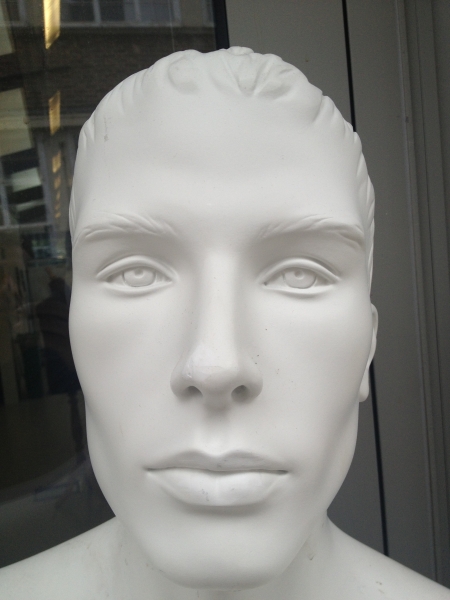Supporting Creative Online Practice
Over the past few years the University of the Arts London (UAL) has worked closely with staff and students in exploring aspects of ‘online identities:
Past Projects & Findings
- Lack of support: Little to no support at course level
- Course integration: difficulties running/fitting in this training with busy course teams & staff
- Awareness: Students & staff would like to be more aware from the first year onwards e.g. Digitel Event
- Students would like all round training; face-to-face & online tutorials/training: Students felt they would like a mix of both
- Defining DLs and competencies: needs to be an agile on-going process
- Web making: info on how to create web presence. Not just technical but tacit/soft skills in approaching open online practice
- Industry input and insights: professional perspectives
- More staff awareness and knowledge and discipline specific approach required
-
See all UAL past project findings & links from 2013-2014 work in this area See Project Overview
- Project: Professional Online Identities group (POI)
- Developed a pilot programme with the course staff and students: Spring & summer 2013 pilot programme
- Developed a second pilot programme, this time with the students only, outside the course schedule based on the finding below: Term One: November/December 2013
- HEA project 2014 scoping project as part of the HEA ‘Changing the Learning Landscape’ (CLL)
The notes below show the six steps CCW Digital Learning, Teaching and Enhancement at UALs Camberwell, Chelsea & Wimbledon (CCW) colleges of art will be taking to explore support for 'student online presence & practice within the creative industries' e.g.
- The extent in which we engage or not with our ‘presence’ online
- Challenges faced in understanding, supporting and developing online presence specific to our discipline within the creative industries.
What Next: Six steps to supporting Online Collaborative Practice and WebMaking
-
 Avoid assumptions: More work required at course level to understand what support & learning students require.
Avoid assumptions: More work required at course level to understand what support & learning students require.
-
Managing expectations: ‘What claims do courses make’ in supporting web literacies (navigating complex institutional & non institutional, technologies and practices) as part of a course. E.g. students on a fine art/textiles/theatre course are not on the course to become professional web developers, but they will learn ‘what’ as an important aspect of their professional/sustainable practice development?
-
Define the offer: Clarity on what students will learn, what is being asked of the students by their course? Work with course teams to understand to what extent students are being asked to engage with webmaking practices as part of the course.
-
Staff awareness: Some course staff (academic & technical) may require support, training, guidance and awareness of online practices. Gain better understanding of the benefits, value, pros & cons, why we’re asking students to engage in online practices etc. Better Informed staff. Also important to have awareness of the risks & vulnerability of being online (as mandatory), best to be prepared via Informed consent.
-
Technical support: A large element of web training is technical although not all learning is technical (soft skills & online practice), technical support across colleges & courses can be inconsistent with little structure or alignment with what is being asked by the course.
-
Joined up approach: Join up curriculum pedagogical approach with technical support and the wider UAL projects & activities in this area. Basic skills & principles are fundamental to address as a priority.
- Capacity & clarity on what colleges support: Without a clear plan for what & how we address online practices the field of practice are too large in terms of supporting all the possibilities of the web. Colleges/courses need to be clear about which online practices are directly supported and which practices are for students to explore independently.
- Staff resources: Including pros & cons of platforms & navigating complex institutional & non institutional, technologies and practices. See an example
- Share examples of good practice: What does a good online presence look like e.g. Digitel Event
- Sand Pit: Create a in-house server space for students from day one to experiment with their ‘Own Domain’ and easily take away.
Chris Follows | Digital Learning Technologies Manager | CCW Learning, Teaching & Enhancement (LTE) | University of the Arts London Twitter: @CCWPostDigital

This Work, Supporting Creative Online Practice, by CCW Digital Learning, Teaching and Enhancement is licensed under a Creative Commons Attribution-ShareAlike 4.0 International license.


